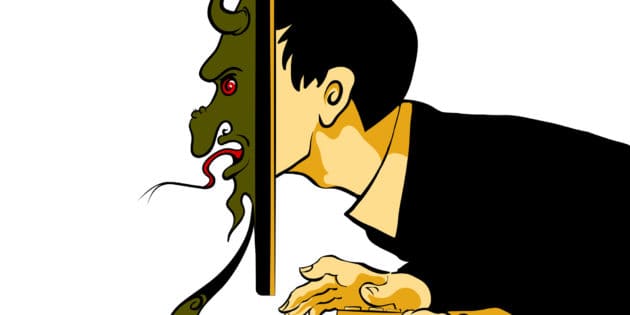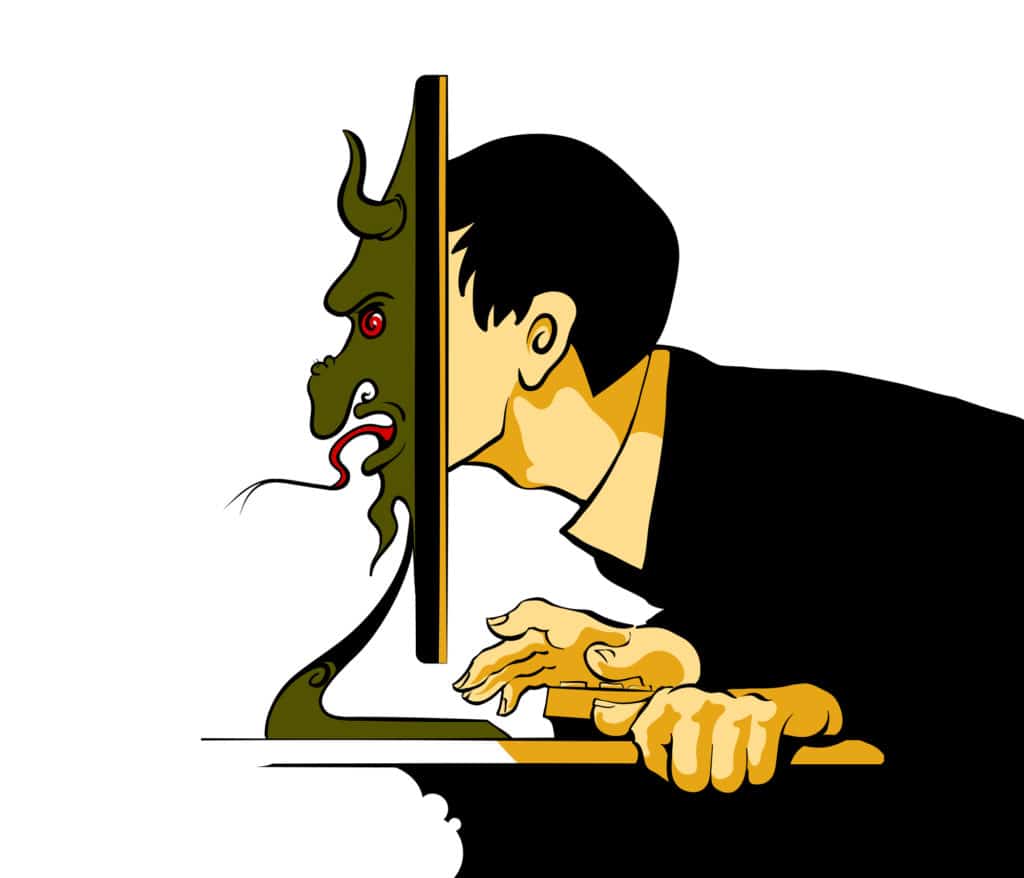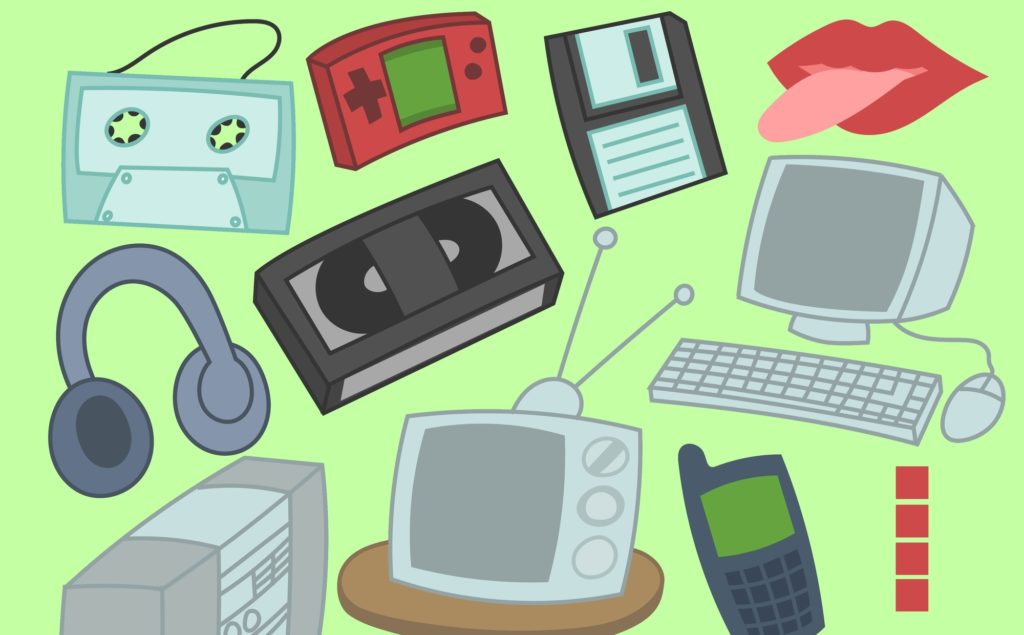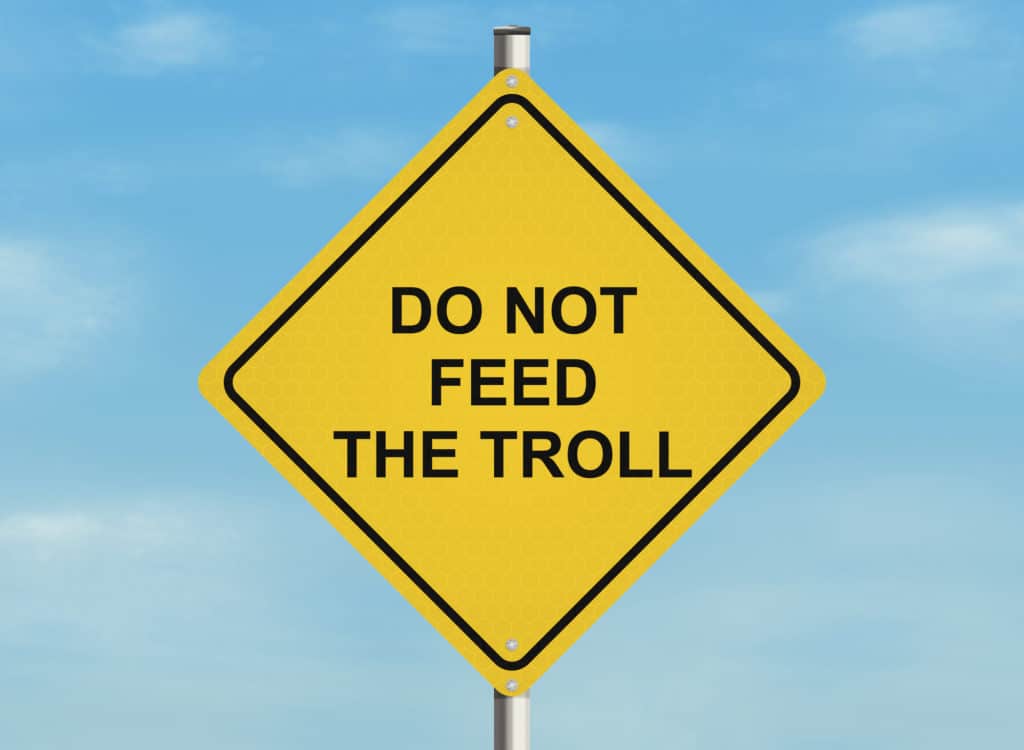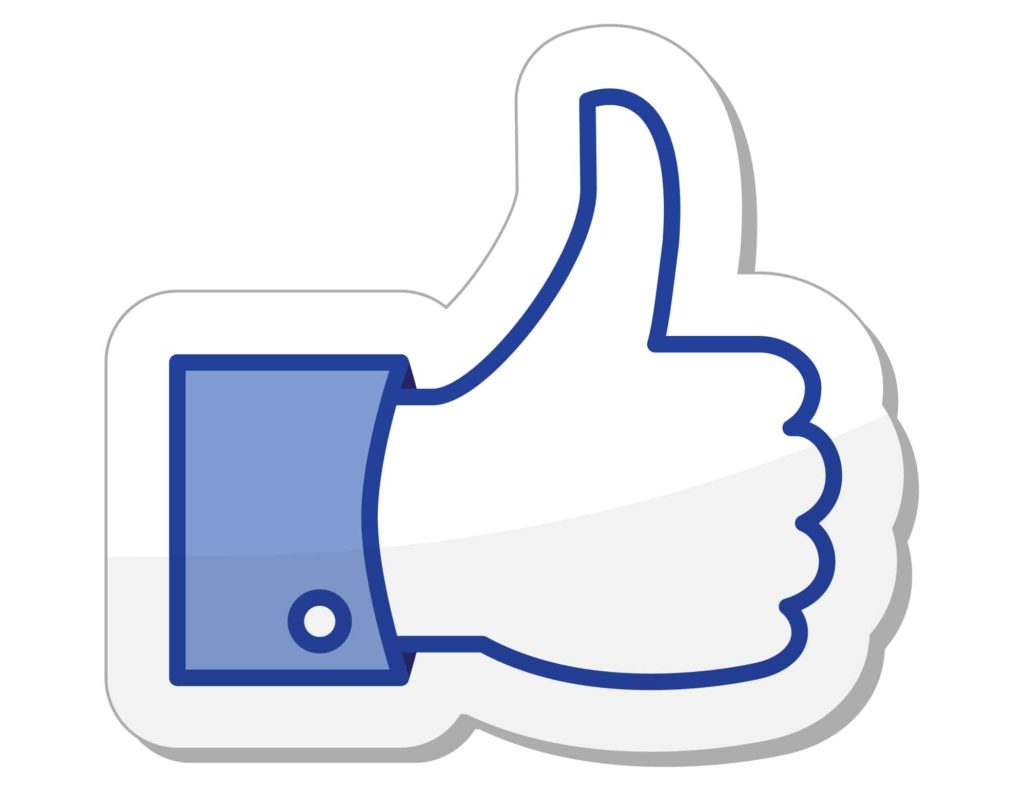Online trolls are becoming more and more prevalent across the internet, and are the bane of any content creators life. If you are looking for how to deal with the antisocial monster that lives under bridges and threatens to eat billy goats, then this article won’t help you at all.
However, for beating down those angry and misguided online trolls (also known as a keyboard warrior), then we are here to help. Online trolls may be an increasing threat to the online world’s credibility and trust, but you don’t have to put up with them. It’s time to lead by example!
More Blogs From DRPT
What Is SEO And Why Is It So Valuable?
Mental Health In The Workplace
Is “Google My Business” Really That Important?
Incredibly, over 40% of Americans feel they have experienced some form of online harassment within their lifetime. Trolls particularly thrive on social media where they can often hide with anonymity through the use of fake profiles.
This is one of the main issues with trolls, as through their anonymity it is easier to troll without any major repercussions. Online trolls are somewhat of a mysterious entity; some argue that their acts are done with humour, whilst others argue that it is effectively cyberbullying. Reputations can be unfairly damaged, and people’s mental health can be put under enormous strain.
Most people still don’t understand or know what internet trolls are. Some people don’t even know what they are doing is classed as trolling. It’s time for us to take a further look, and ensure that your digital behaviour towards others isn’t causing harm.
After all, nobody wants to be a troll. Nobody really likes trolls. Not even trolls like trolls.
What Is An Online Troll?
The act – “To Troll” – originally meant to run a baited fishing line in the water while boating and waiting for fish to bite or get caught. Sounds twee and lovely, right?
Well, unless you are a fish.
However, the modern term is different. An internet troll involves baiting people by irritating them, making fun of them, and pushing their buttons to cause some form of reaction.
The Oxford dictionary definition of trolling is deliberately offensive or provocative online posting with the aim of upsetting someone or eliciting an angry response from them.
This is often done by posting comments or sending direct messages on social media.
Social media is the hub of the majority of trolling online and activity has increased greatly due to the pandemic. Mainly because people have been locked up in their homes with nothing better to do.
There’s a fine line between posting what you think is a joke online to then what actually is trolling or cyberbullying.
And then there’s the legal aspect. Just as you would expect for harassing someone on the street, seeking grievance online can have ramifications.
Is Trolling An Offence?
What people might not realise is that people who engage in internet trolling are immediately committing an offence under the Malicious Communications Act in the UK (similar acts are in place for most other countries).
There are, of course, different degrees to trolling. Some people might not even realise what they are doing falls within the malicious category.
According to Hertfordshire Police, trolling is recognised as deliberately inflicting hatred, bigotry, racism, misogyny or just simple bickering between one and another.
They recognise that it is hard to catch the trolls as the more serious offences are often committed with fake profiles.
One of the first major high profile cases involving cyberbullying and online trolling emerged in the US when in 2006 a 13-year-old girl Megan Meier took her own life due to being bullied online.
In this case, the so-called friends of Megan Meier ran a fake account with the intention of getting information from her to humiliate her. Meier received months of ongoing cyberbullying from the fake account.The online harassment that young Megan Meier received eventually resulted in her taking her own life.
This indicates the serious nature of online bullying, and the possible effects that online trolling may have on people.
The Meier case forced the United States to change legislation around cyberbullying that protected children (and adults) from harassment on social media sites.
They also changed the law regarding online harassment and made it a criminal offence to use the internet to harass someone.
The Evolution Of Trolling
Evidence of trolls online dates back to the 1990s, when people quickly cottoned on that they could send disruptive messages on forums.
Trolling continued, and became more popular online as people began to realise they could get away with it.
As the online world upgraded, trolling also changed, going from disruptive messages to various memes and jokes.
Now almost all kinds of internet trolling happen on social media, particularly on Facebook, Youtube, Tik Tok and Instagram.
It’s hard not to see trolling on social media these days, you just need to look at a reasonably big content creator and you can guarantee some form of trolling will be on their posts.
In a lot of areas the trolls have adopted cyberbullying techniques and are tormenting content creators on social media.
Since the pandemic we’ve seen a major change and evolution within the trolling sphere. People almost lost control of the social norms and either for reasons of boredom or just intent to cause upset, trolling increased greatly during the last two years.
Trolls vary in the techniques that they use, and the severity of trolling that takes place.
One thing that they love is a reaction. Trolling often increases if they get the bite that they are looking for.
Types Of Trolling
Online trolls differ as much as the mythical creatures do in books and movies. Internet trolls come in different shapes and sizes and appear almost anywhere online if there is an interactive section such as a comments section.
They can differ from posting light-hearted banter to the extreme of hate comments and personal attacks.
There are three stages of trolls who reach your profile.
1: The Banter Trolls
This often starts with the so “funny” messages or from the do-gooders who try to get a little bite out of you.
These are often not that serious and you might not even realise you are being trolled.
They may just try to correct you or point something out that you’re doing wrong.
You may even join in and engage with your comments as it is getting you more traction and helping your account grow.
2: The Sheep Trolls
With account growth and engaging in the trolls, the more open you become unfortunately more trolls will appear.
Within stage 2 you will start to see trolls evolving in their attacks.
Comments may start to become more personal and have a nasty tone to them, and the number of trolls commenting will increase.
They often pick up on a specific theme and will use their numbers to try and cause a reaction.
This is where you should be blocking accounts and asking for moderators help to defuse the trolling.
3: The Vile and Nasty Trolls
This is where trolling becomes an attack on individuals and consists of daily abuse.
Stage 3 brings the worst of the worst online, these trolls are the ones who prey on the vulnerable.
They often are either jealous or aren’t comfortable in their own skin, so they have to cause harm to others by leaving nasty or vindictive comments online.
They try and make your life a misery in any way possible, these trolls often attempt to mass report to remove your accounts.
One thing all trolls have in common is that they thrive upon reaction.
All trolls want is a reaction.
Often the more you react the more you get trolled.
Trolls are a strange breed and there are easy methods to tame them…
How To Deal With Trolls
Ignore
The best way to deal with online trolls is to simply ignore them. Trolls thrive when you bite back at them, and give a response to their comments.
When trolls see an individual is regularly responding, they will often show no mercy. An army of trolls will appear on your page.
Trolls will move on if they realise they are not getting anything from you, they want your attention, do your best to ignore them.
Block
Blocking is a really powerful tool as on almost any form of social media you will be able to block someone who is trolling.
Blocking is great for those persistent trolls on your sites, one button and you don’t need to see or hear from them again.
Report
Reporting is the next step up from blocking. This is for when trolling is getting offensive and causing you upset.
You can report accounts on most sites and it lets the site administrators know that an account is going against the guidelines.
Of course, if the trolling is becoming very severe you can also report the trolls to the police.
Talk
Never be afraid to talk to someone about online trolling if you are experiencing it. You’d be surprised how many people online are victims of online trolling.
Like any personal struggles, use your friends and family, talk to them and tell them you’re receiving hate online.
Trolling On The Internet Has Grown With Social Media
Internet trolling is an offence at the end of the day, and your words can have serious ends on both sides of the computer.
Trolls often don’t realise the pain and suffering they cause as commenting online with their keyboard loses any personal touch.
These people turn into online beasts, they lose touch with all social norms and say things they would never dream about saying in person.
It goes back to the old saying: if you’ve got nothing nice to say don’t say it all.
Society needs to kick all trolls out from under the bridge, people need to be made accountable for their actions.
The best practical advice? Ignore, Block and Report the troll.
And remember: these individuals have nothing better to live for. They sit and scroll across all devices looking for any reason to have a go.
Don’t take their comments personally. We know it’s hard, and it can affect your confidence. We are all human, and words can cause serious harm.
Rise above them. The sky is always brighter without the toxic sludge of internet dwellers.
